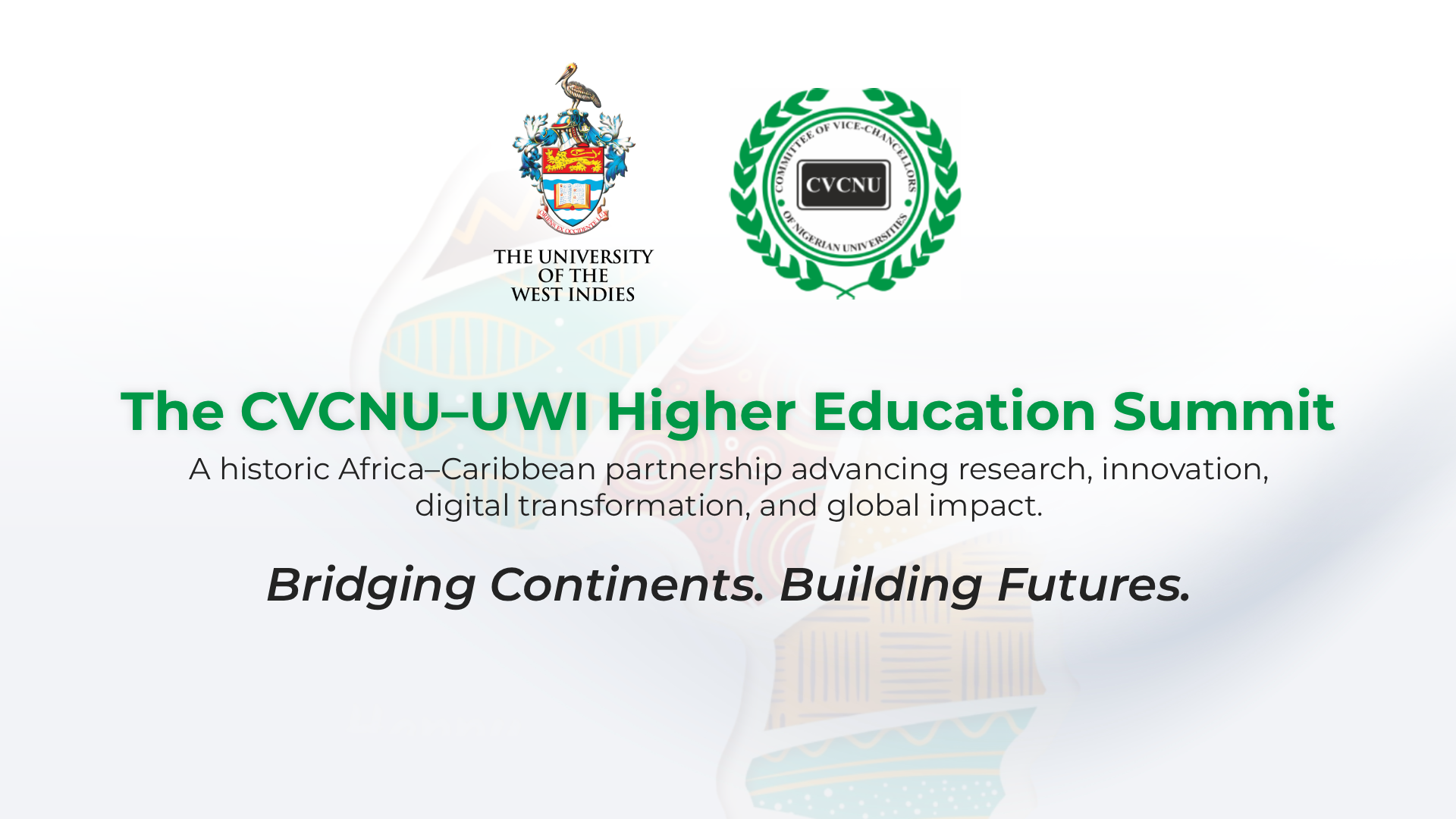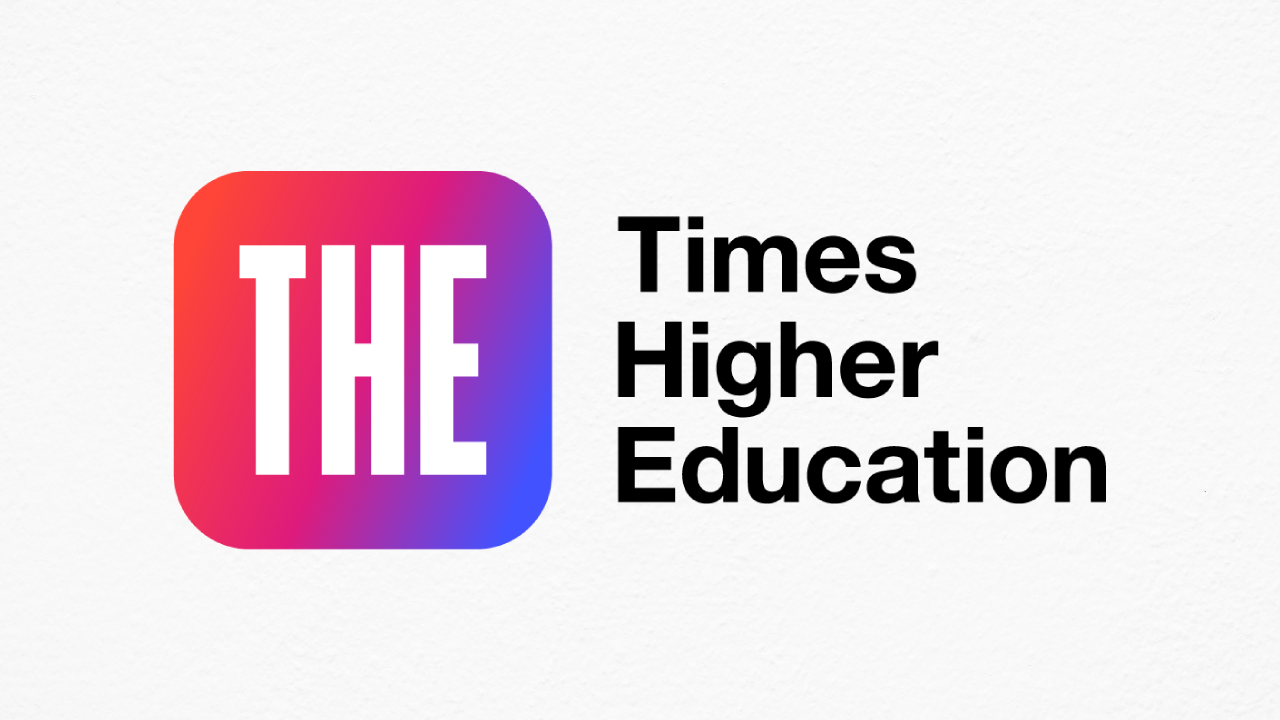
UWI Vice-Chancellor’s Forum addresses global threats and challenges to academic freedom
Academic freedom, institutional autonomy, and the evolving role of universities in promoting sustainable development were central themes at a recent Vice-Chancellor’s Forum hosted by The University of the West Indies (The UWI). Themed “Academic Freedom, Sustainable Development, and the Role of the University,” the forum took place on Thursday, July 3rd, at The UWI Regional Headquarters and was streamed to an online audience via UWItv. It brought together university leaders, international scholars, government representatives, and students to exchange ideas on one of higher education’s most pressing global concerns.
In her opening remarks, Professor Aldrie Henry-Lee, the Pro Vice-Chancellor for Graduate Studies and Research at UWI who moderated the discussion, emphasised the critical nature of these themes, particularly in light of global trends such as declining university enrolment and institutional mergers. She posed essential questions to attendees regarding how to support academic freedom and strengthen universities against financial pressures and post-pandemic challenges.
During the discussions, Professor Canute Thompson, Pro Vice-Chancellor for Undergraduate Studies at The UWI and who conceptualised the Forum, highlighted the politics of knowledge production, questioning whose interests dictate the research landscape. “What knowledge should be produced? How should that creation of knowledge be funded?” he asked. He underscored the necessity for universities to contest the power dynamics surrounding funding and research direction, advocating for ethical considerations in knowledge generation.
A distinguished panel of local, regional, and international thought leaders included Professor R. Clive Landis, Pro Vice-Chancellor and Principal at The UWI, Cave Hill Campus; Professor John Petrovic, Professor of Social and Cultural Studies at the University of Alabama; Professor Jonathan Becker, Vice President of Academic Affairs and Director of the Centre for Civic Engagement at Bard College; Dr. Leahcim Semaj, Author and Psychologist; Ms. Liat Ariel, PhD Candidate in Philosophy of Education at the Hebrew University of Jerusalem; and Mr. Matineil Bartley, Postgraduate Student at The UWI, Mona Campus.
Professor Landis discussed the importance of academic freedom in facilitating peace. He stated, “A very important freedom is the freedom to disagree with someone in a peaceful manner,” and noted that critical discourse is vital for both the academy and societal stability. Meanwhile, Professor Petrovic underscored the unique role of universities as hubs of innovation. He warned against the potential pitfalls of neoliberalism, which he argued reduces education to merely an economic instrument. He stated, “The biggest responsibility of universities is that they do the heavy lifting that corporations won’t,” advocating for greater investment in liberal arts and interdisciplinary collaboration.
Professor Becker shared his experiences with political repression, particularly referencing the Central European University’s forced relocation from Hungary. He identified government and market pressures as significant threats to academic autonomy, remarking, “Autonomy is always relative.” From Jerusalem, Ms. Liat Ariel highlighted the precarious position of graduate students who often face censorship and political influence. “The university has a responsibility to support students navigating these politicised environments,” she asserted, urging institutions to foster spaces that encourage open discourse.
Dr. Semaj provided a perspective rooted in the cultural context of post-slavery and post-colonial societies. He highlighted the moral responsibility of scholars to contribute to meaningful knowledge, stating, “Scholarship and the university should be tools of liberation through the pursuit of knowledge and truth.” Semaj warned against neutrality in academia, arguing that it risks aligning with the oppression of marginalised communities. “We need to connect scholarship with reality to avoid irrelevance.”
The forum wrapped up with a collective acknowledgment of the vital role universities must play in shaping sustainable development while nurturing an environment that prioritises academic freedom. The discussions emphasised the necessity for universities to tackle existential threats while continuing to serve as hubs of knowledge and innovation. Additionally, there was a strong acknowledgment of the importance of maintaining academic freedom in light of current challenges, as well as the responsibility universities bear to contribute to sustainable development both within their communities and beyond.
The recorded broadcast of The UWI Vice-Chancellor’s Forum, Academic Freedom, Sustainable Development and the Role of the University can be viewed via UWItv’s Facebook page.



